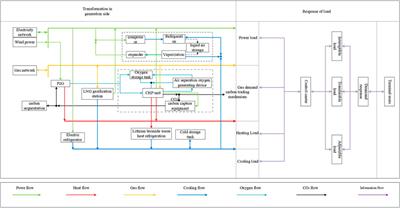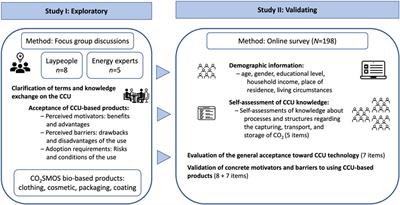ORIGINAL RESEARCH
Published on 08 Apr 2024
Low-carbon optimal operation of the integrated energy system considering integrated demand response and oxygen-rich combustion capture technology

doi 10.3389/fenrg.2024.1296709
- 461 views
521
Total downloads
3,762
Total views and downloads
You will be redirected to our submission process.
ORIGINAL RESEARCH
Published on 08 Apr 2024

ORIGINAL RESEARCH
Published on 02 Nov 2023


Manuscripts can be submitted to this Research Topic via the main journal or any other participating journal.
You will be redirected to our submission process.